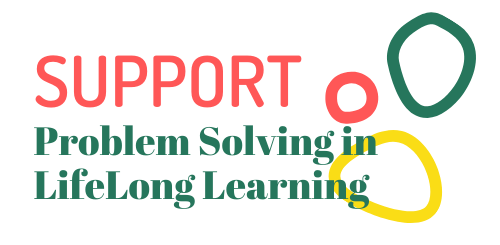Reducing negative prejudices and strengthening of critical reflection
Solving the Problem: Activities for Learning Groups
Title of activity
Test it, probably you can? (how to overcome prejudices “I can’t,” “I will fail”)
Working on the activity – Suggestions
Title of activity
Working on the activity – Suggestions
The “What, So What, Now What?” Problem solving activity is designed to help collect insights and move forward while also eliminating the possibility of disagreement when it comes to identifying, clarifying and analyzing organizational or work problems.
Facilitation is all about bringing groups together so that might work on a shared goal and the best problem solving strategies ensure that teams are aligned in purpose, if not initially in opinion or insight. Throughout the three problem solving steps of this game, you give everyone on a team to reflect on a problem by asking what happened, why it is important, and what actions should then be taken.
This can be a great problem solving activity for bringing our individual perceptions about a problem or challenge and contextualizing it in a larger group of students/teachers. This ability to contextualize both problem and solution is one the most important problem solving skills we can teach our team and empower them to find solutions in group, institution or use a wider (city, state, etc.)
Solving the Problem: Self-reflection (educator’s reflection)
Reflecting on the Problem Solving measures taken to overcome the challenge
Many teachers use conventional, well-known methods in their practice, which are quite academic and didactic. In modern teaching, the teacher is more visible as a coordinator / moderator. This is very relevant in the implementation of the lifelong learning strategy.
Points for Discussion with your Organisation
Suggested Training Course available online
